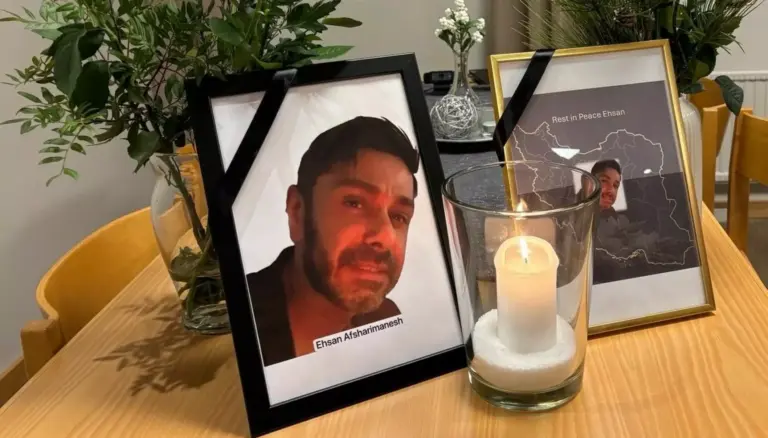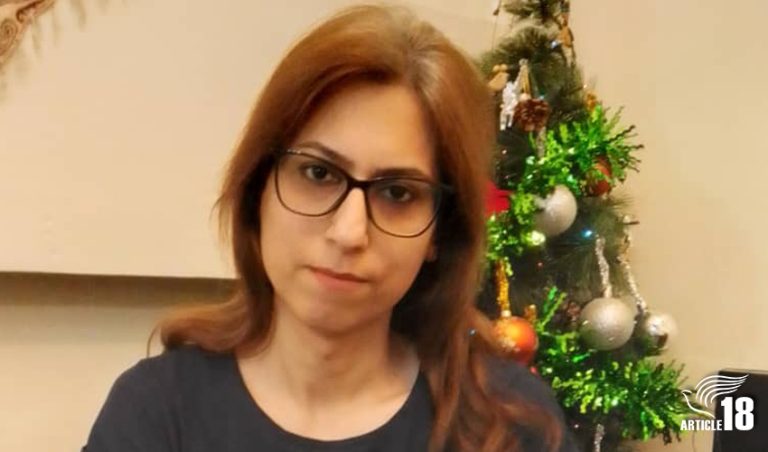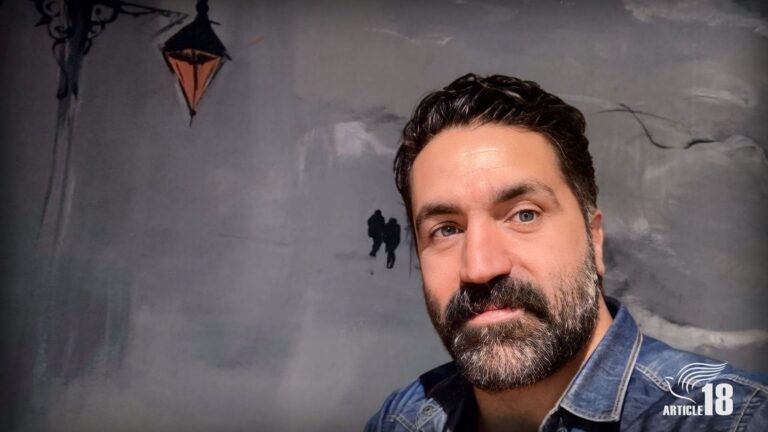
Photo: Facebook
A Christian convert serving a two-year sentence in Evin Prison on charges related to her Christian activities has been denied parole because she refused to record a forced confession and public disavowal of reports about her case, according to Persian-language news site Human Rights in Iran.
Laleh Saati, who is a former asylum-seeker, is eligible for parole, having served one-third of her sentence, which also includes a two-year travel ban following her release.
According to the report, Laleh has also been refused the opportunity to be released with an electronic tag – all at the insistence of officers of Iran’s Ministry of Intelligence (MOIS).
Laleh has been detained since her arrest in February, and was initially held in Ward 209 of the prison, which is under the jurisdiction of the MOIS.
During her interrogations there, photographs and videos of her Christian activities and baptism in Malaysia, where she had claimed asylum, were brought before her as evidence of her “crime”.
When she was sentenced a month later, the Tehran Revolutionary Court judge reportedly asked her why she had risked returning to Iran from Malaysia “given that you have done such things [Christian activities] outside of Iran”.
Laleh has reportedly struggled with her mental health as a result of the stress of her imprisonment, and both she and her elderly mother have been threatened with new court proceedings against them as a result of the publicity her case has received.
“Laleh’s case clearly shows that the Christian activities of asylum-seekers in foreign countries can be used against them in court proceedings back in Iran,” said Article18’s Mansour Borji after news about her case was first published.
“I hope immigration authorities around the world will take note of this, and think twice before rejecting out of hand the asylum claims of genuine Christians who may face persecution upon return to their country of origin.”



0 Comments
Trackbacks/Pingbacks